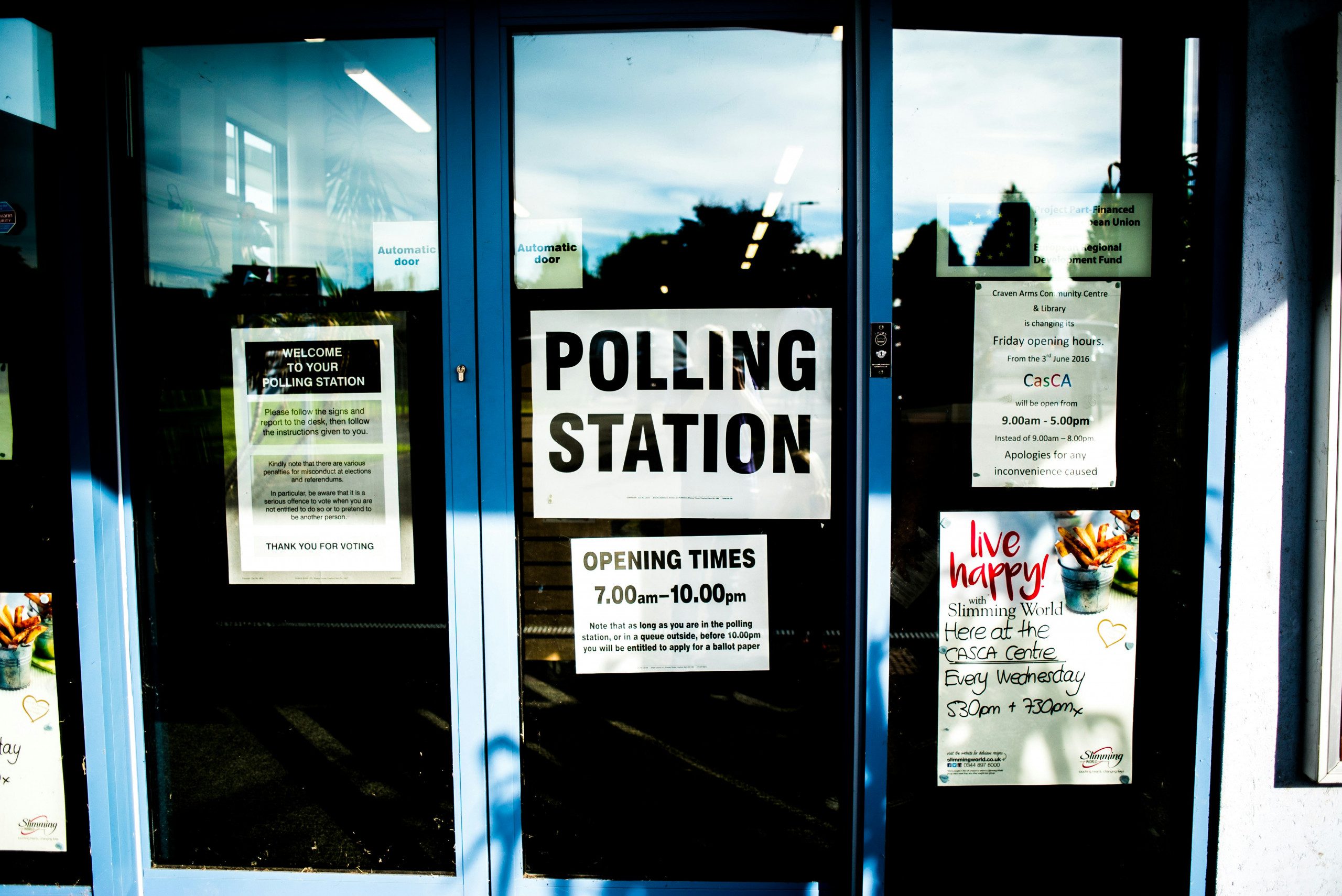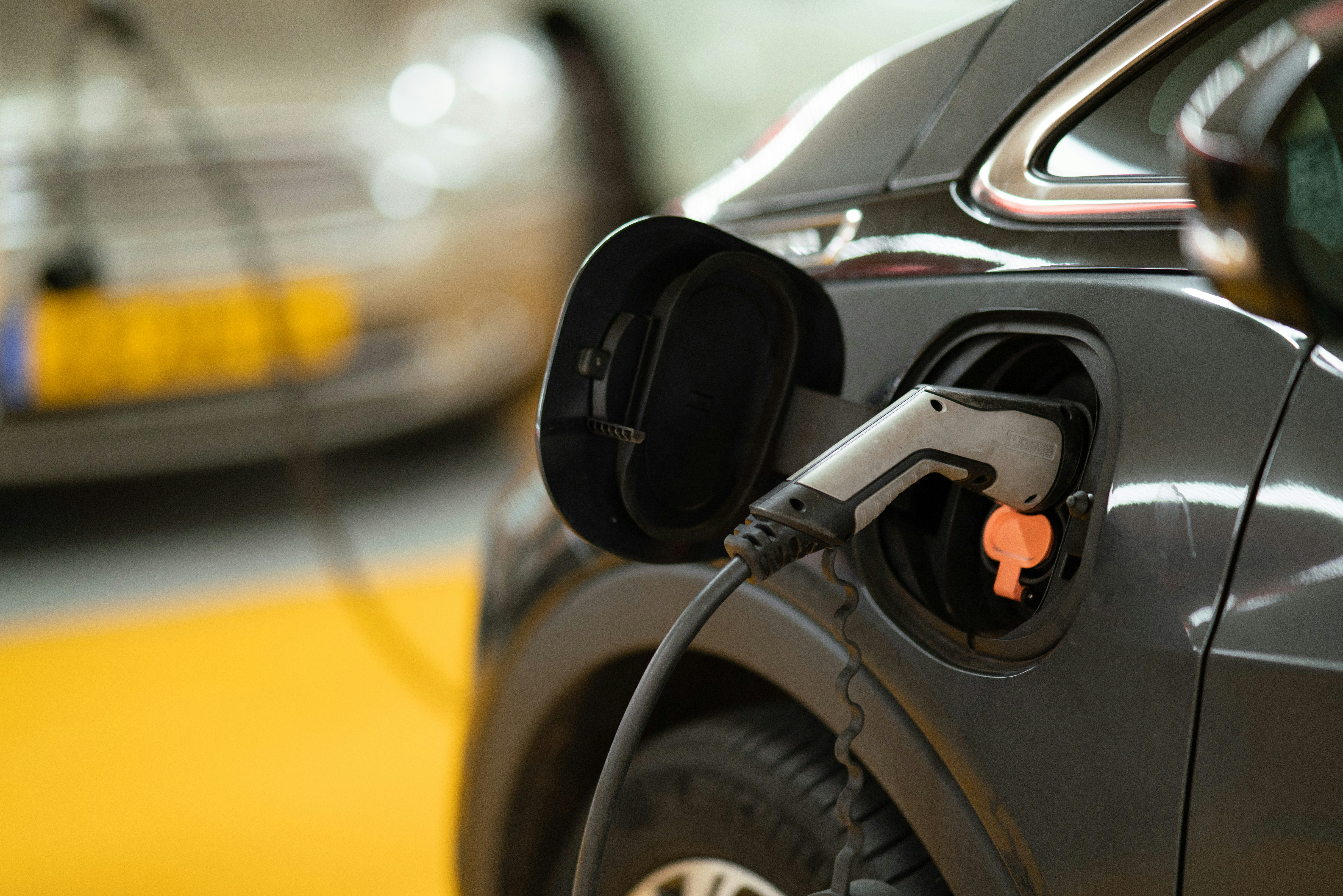In case you hadn’t heard, those eligible to vote in England, Wales, Scotland and Northern Ireland today (4th July) headed to the polling stations in order to cast their ballot and vote for their local Member of Parliament. The party who achieves a majority of seats in Parliament (326/650) will form a government, with their leader becoming Prime Minister. There are five parties who are prominent all over the country – The Conservative Party (Rishi Sunak, incumbent), The Labour Party (Kier Starmer, opposition), The Liberal Democrats (Ed Davey), Reform UK (Nigel Farage) and The Green Party (Carla Denyer and Adrian Ramsay).
You don’t need me to tell you that the climate emergency is a topical and divisive issue in every part of society. Governing bodies worldwide are searching for solutions, with the most widely-accepted one being the total negation of the amount of greenhouse gasses produced by human activity; for those of us in the motoring industry, this means that, if your car doesn’t have a plug, it’s got to go.
But, as with most policies, each party has different ideas about its implementation – in this case, they can’t agree on when net-zero will be achieved in the UK. In case you’re wondering what result of the election could mean for your beloved petrol-V8 (or your begrudgingly-owned 1.5L TSI), here’s when each party plan to implement their net-zero policy:
The Conservative Party
The Tories will maintain their current net-zero target of 2050 if they win the election, although, based on their current track-record, there’s a chance this could be pushed back continually.
The Labour Party
Labour pledge to ‘accelerate to’ net-zero by 2030 if they form the UK’s next government, and ‘make Britain a clean energy superpower’. Might have to buy a Tesla in the morning…!
The Liberal Democrats
In true centrist-style, the Lib-Dems’ net-zero targets sit between the Labour and Tory targets, at 2045 – obviously closer to the Tories’ 2050 goal, but perhaps slightly more realistic than Labour’s, of just six years from now.
The Green Party
Clue’s in the name – the Greens want us all out of our ICEs as soon as possible, and, like Labour, hope for total decarbonisation by 2030. Wouldn’t expect anything less from the environmental-conscious party.
Reform UK
Reform have an interesting take here. They plan to ‘scrap net-zero’. They believe that this, as well as axing clean energy subsidies, would save £30bn per year.
At the time of writing, five constituency results have been announced, all of which went to Labour, and one of which was a gain from the Conservatives. The Exit Poll, which asks voters as they leave the polling station who they voted for, predicted a historic Labour majority of over 200 seats. The remaining results will be announced before the country wakes up, but perhaps it’s time to look at the Dacia Spring!
Title photo by Elliott Stallion on Unsplash
Footer photo by Michael Fousert on Unsplash



